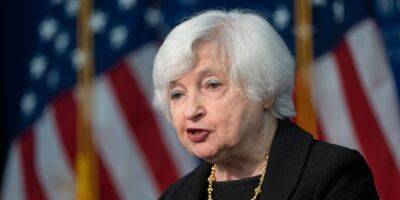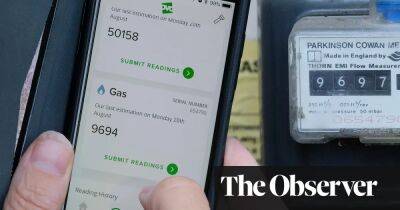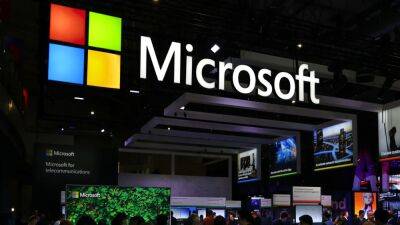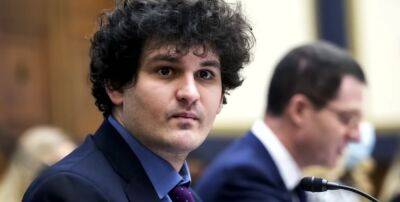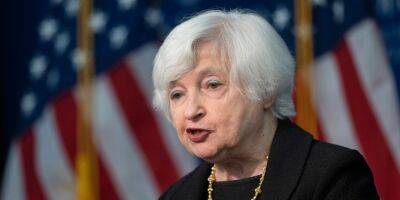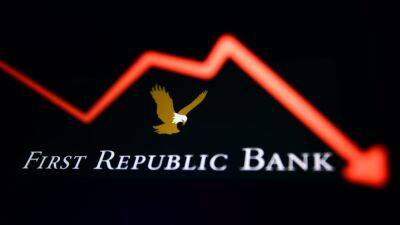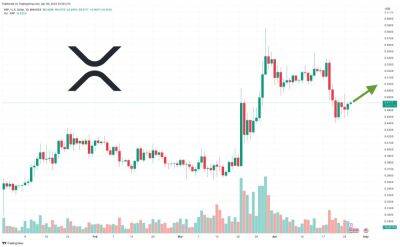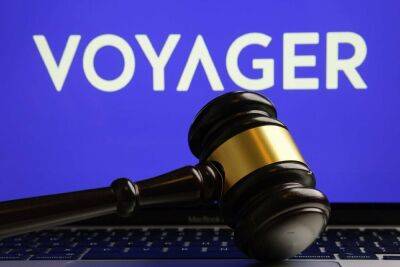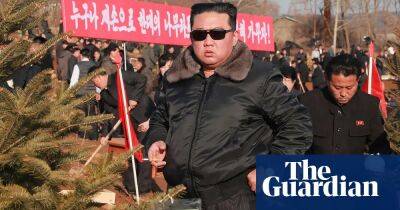Ali died days before he could challenge BP’s CEO on the dangers of gas flaring. Don’t let his death be in vain
A li Hussein Jaloud, a 21-year-old Iraqi who lives next to one of BP’s biggest oilfields, was meant to ask a question at the company’s annual shareholder meeting today. He was going to challenge the CEO on why his company continues to poison his neighbourhood with cancer-causing pollution. But, just a few days ago, Ali died of a form of leukaemia that has been linked to chemicals released by the burning of fossil fuels. His grieving father will ask why BP did not use its vast profits to help save his life.
Over the past two years, my fellow investigator Owen Pinnell and I got to know Ali while making a documentary for BBC News Arabic, Under Poisoned Skies, which revealed the deadly impact of gas flaring in southern Iraq, including at BP’s Rumaila oilfield where Ali lives, surrounded by oil company-patrolled checkpoints. We also found out that Rumaila has more gas flaring than any other oilfield in the world.
Routine gas flaring is a wasteful and avoidable practice used by oil companies to burn off the natural gas expelled during drilling. The process releases both greenhouse gases and dangerous air pollution. The gas could be captured instead and used to power people’s homes, saving them from dangerous emissions. But for more than a decade, BP and its partners have failed to build the necessary infrastructure. Since the Iraq war, BP has extracted oil worth £15.4bn from the country. BP said it was “extremely concerned” by the issues raised by our film (and in February said it was working to reduce flaring and emissions at Rumaila) but announced record profits from the oilfield in the year we launched the film.
A keen footballer, Ali was diagnosed with leukaemia at 15. He had to drop out of school and his football team, and
Read more on theguardian.com



